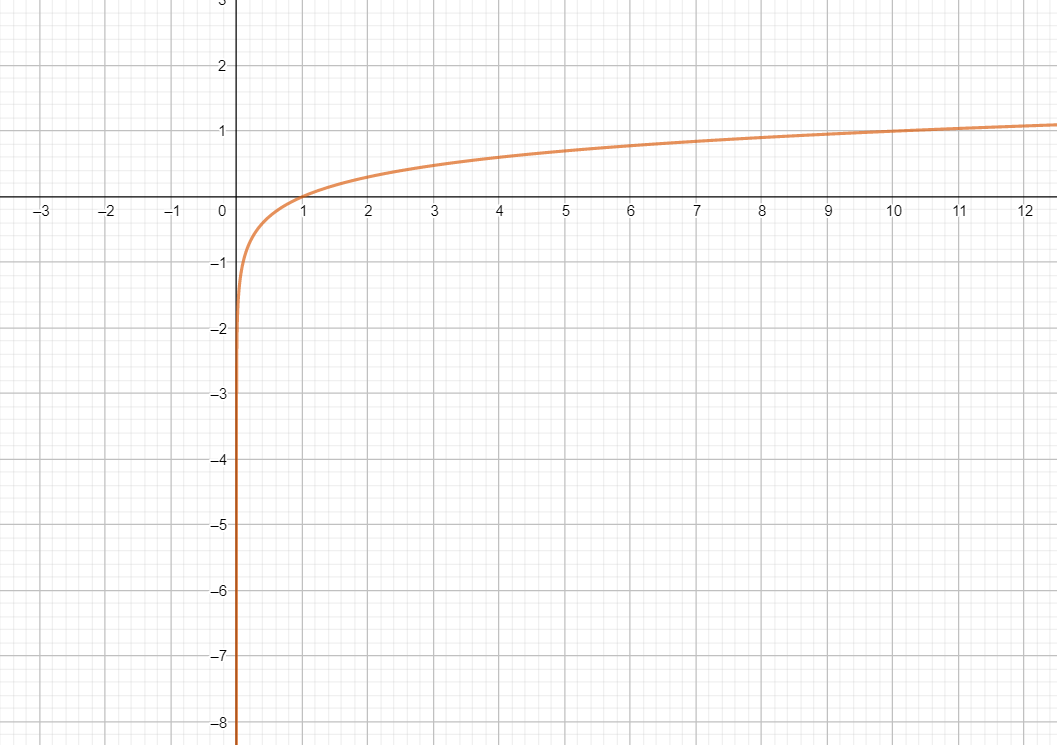Question
Question: Which of the following is true for the mathematical expression \(\log \left( {{x}^{n}} \right)=n\log...
Which of the following is true for the mathematical expression log(xn)=nlogx
[a] ∀n∈N
[b] ∀n∈Z
[c] n is a positive odd integer
[d] n is a positive even integer
Solution
- Hint: Use the fact that if a = log x, then x=10a. Use the property (10a)n=10an. Use the property that log x is defined for x >0. Verify that the above property fails to hold for x<0.
Complete step by step answer -
Let a=logxn.
Hence, we have xn=10a
Raising power to n1 on both sides, we get
x=10na
Taking log on both sides, we get
na=logx
Multiplying both sides by n, we get
a = nlogx.
Hence the given statement is true for all n when x>0.
Hence if x>0 all of the options [a], [b] , [c] , [d] are correct.
If x <0 all of the options [a], [b],[c] and [d] are incorrect.
Note: [1] Consider the logarithm of 100,
We know that log 100 =2.
Also 100=(−10)2
Hence If the above-mentioned property holds, we have
log100=2log(−10)
But, since -10<0, log(-10) is not defined.
Hence the above-mentioned property does not hold for x<0.
For x<0 and even integral value of n, we have
log(xn)=nlog∣x∣ and for odd integral values and x<0, log(xn) is not defined.
[2] The base of a logarithm is always positive, and since all exponents of positive numbers are positive, the domain of the logarithm is all positive real numbers
[3] The graph of log x is shown below

